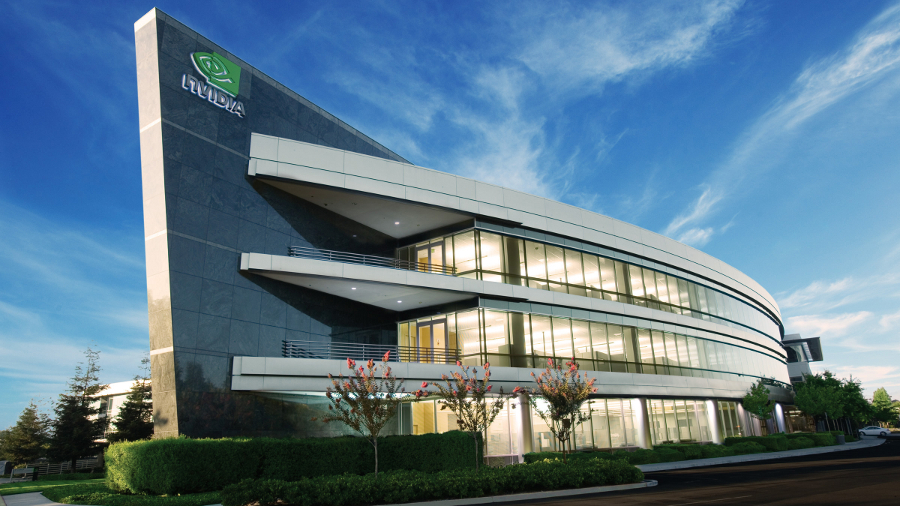HP and Nvidia converge to tackle high performance computing problems
HP Converged Infrastructure takes Tesla GPU for graphical grunt

HP and Nvidia have opened a new research lab to help software vendors and developers tackle high performance computing (HPC) challenges using the latest technology from the two companies.
Located in Grenoble, France, the lab's HPC resources are built around a dedicated HP Converged Infrastructure that's based on an HP Cluster Platform solution. It includes 10 HP ProLiant SL250s, SL270s and ML350p Gen 8 servers featuring integrated Nvidia Tesla GPUs.
Combining server CPUs with GPUs is what Nvidia dubs 'GPU Computing', which is used to improve application performance by offloading compute-intensive parts of the app to the GPU while the remainder of the code still runs on the CPU.
CPUs consist of a few cores optimised for serial processing, while GPUs consist of thousands of smaller, more efficient cores designed for parallel performance, according to Nvidia.
Optimising apps
HP says that the labs will let users optimise their HPC applications by carrying out proofs of concept (PoCs), benchmarks and other testing activities with HP systems based on high performance, energy-efficient Nvidia GPU accelerators.
Users can also interact with large, complex datasets locally through a HP Z820 Workstation or remotely using HP ProLiant WS460x Gen8 Workstation Blade servers.
This is made possible through the use of Nvidia GRID GPU technology, which allows users to fine tune their applications using GPU accelerations remotely by working on virtualised machines accessed over the network.
Sign up to the TechRadar Pro newsletter to get all the top news, opinion, features and guidance your business needs to succeed!
Philippe Trautmann, EMEA sales director HPC for HP, said that the goal of the collaborative centre was to enable solution improvements and spur the adoption of HP systems based on NVIDIA Tesla GPUs for HPC.
He said: "HPC systems require huge amounts of compute resources to achieve their expected performance, as well as the expertise to integrate them."
